What is TMJ dysfunction?
TMJ dysfunction is inflammation of the TMJ, which connects the jaw to the skull. This can cause pain and reduced function. The TMJ is a complex joint and can be affected by several problems:
- Cross bite;
- Posture;
- Stress/nervous habits;
- Clenching/grinding of teeth;
- Trauma e.g. road traffic accident
- Muscles imbalances;
- Osteoarthritis;
- Rheumatoid arthritis.
TMJ, or temporomandibular joint disorder, is a condition that can cause pain and discomfort in the jaw area. While there are various treatments available for TMJ, including physiotherapy, some people may be hesitant to try this approach due to the misconception that it will be painful. There are many ways that physiotherapy can help relieve the symptoms of TMJ. Physiotherapists will often use a combination of treatments, including:
- Manual therapy: This includes massage and manipulation of the muscles and tissues around the jaw joint. This can help to reduce pain and inflammation and increase joint mobility;
- Exercises: Exercises can help strengthen the muscles around the jaw joint, which can help to reduce pain and inflammation;
- Therapeutic modalities: This includes therapies such a ultrasound, Tecartherapy, which can help to reduce inflammation and pain;
- Taping: Taping can help keep the jaw in a comfortable position, which can help to reduce pain and inflammation.
To arrange an assessment send a text message (07455250006) or WhatsApp (+447455250006) otherwise contact me.
No Results Found
The page you requested could not be found. Try refining your search, or use the navigation above to locate the post.


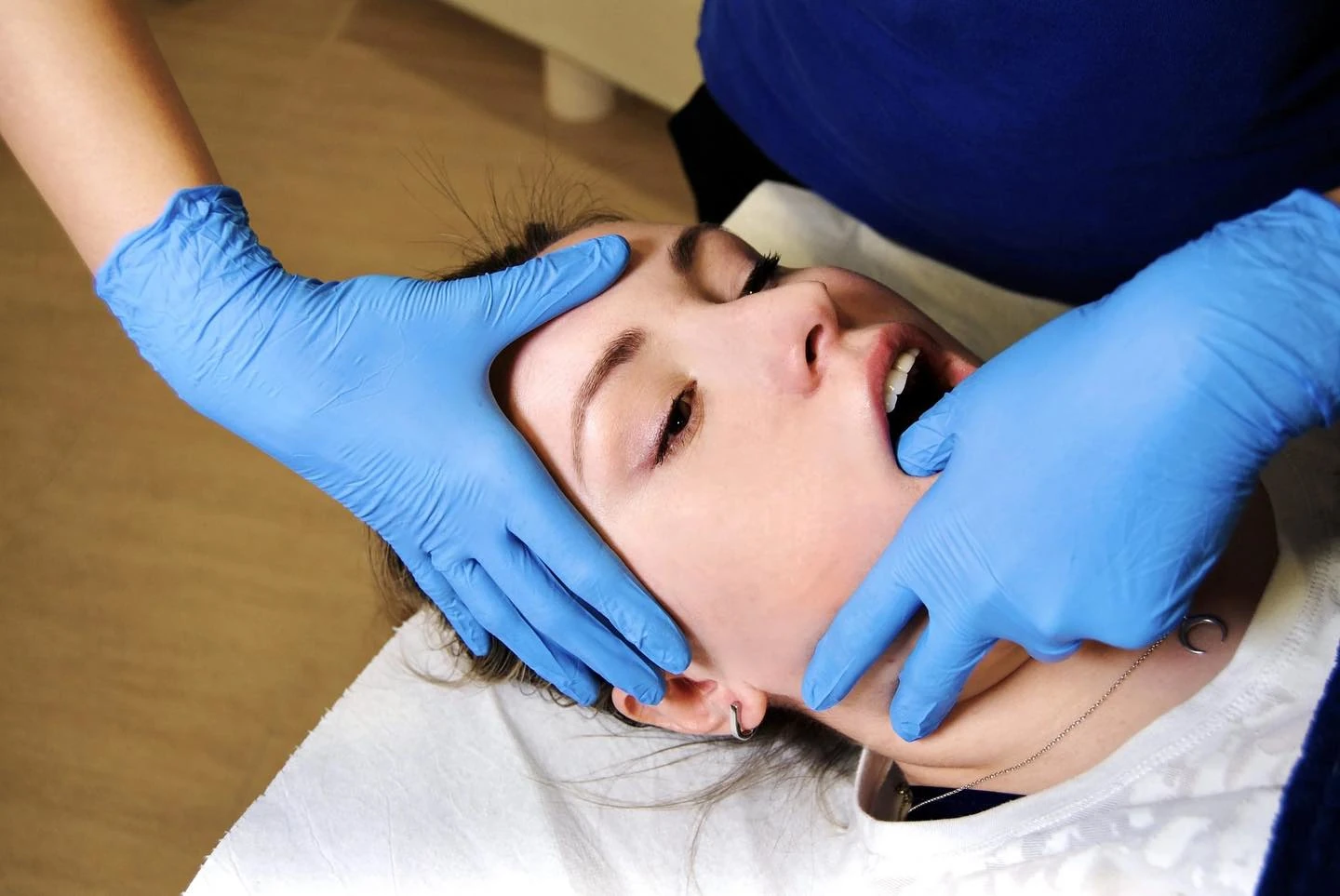
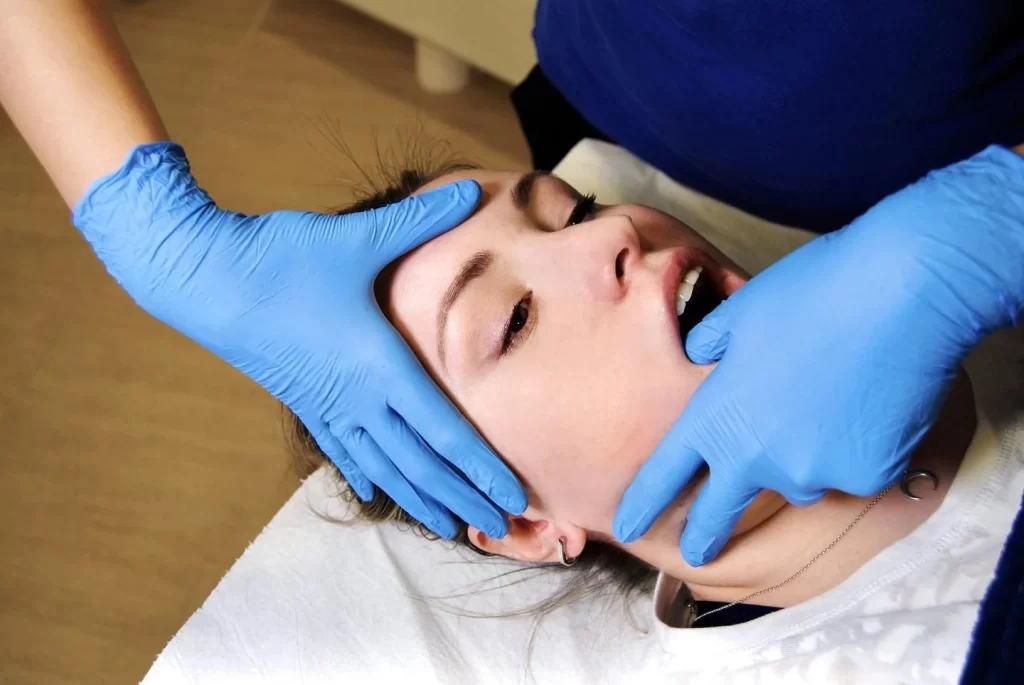
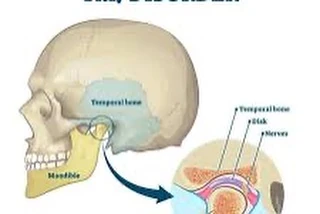
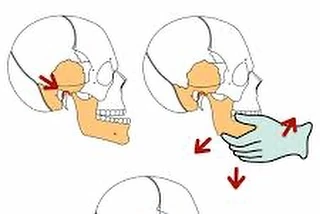
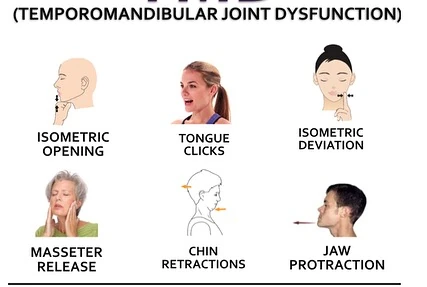
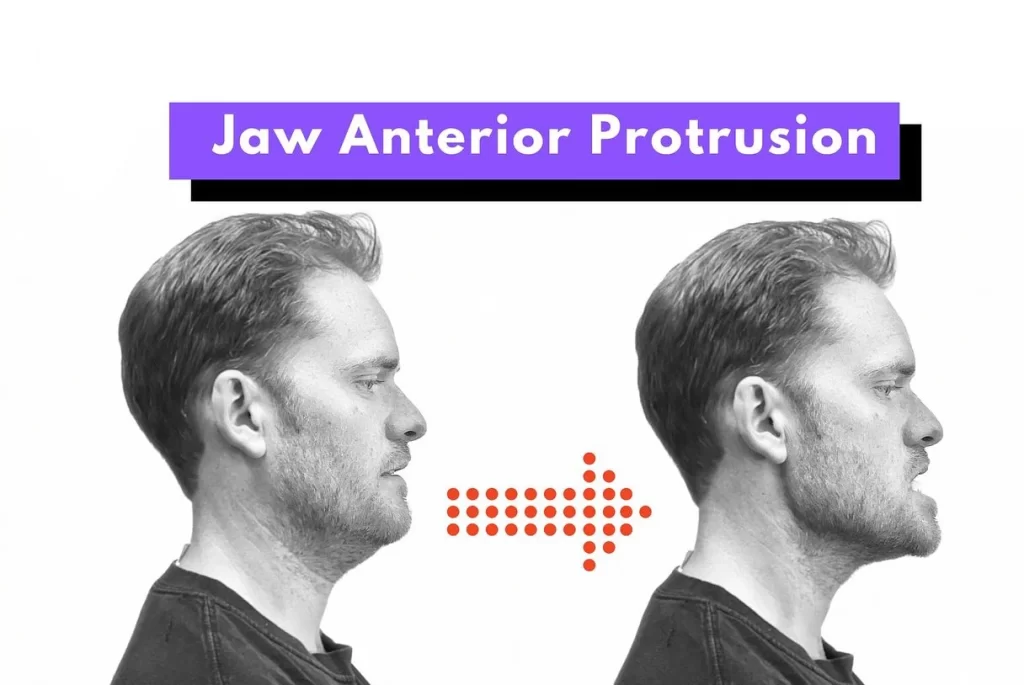

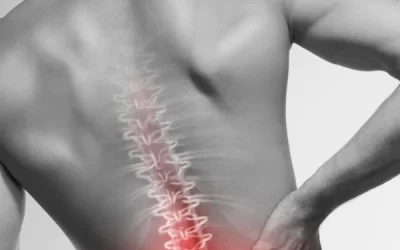
0 Comments